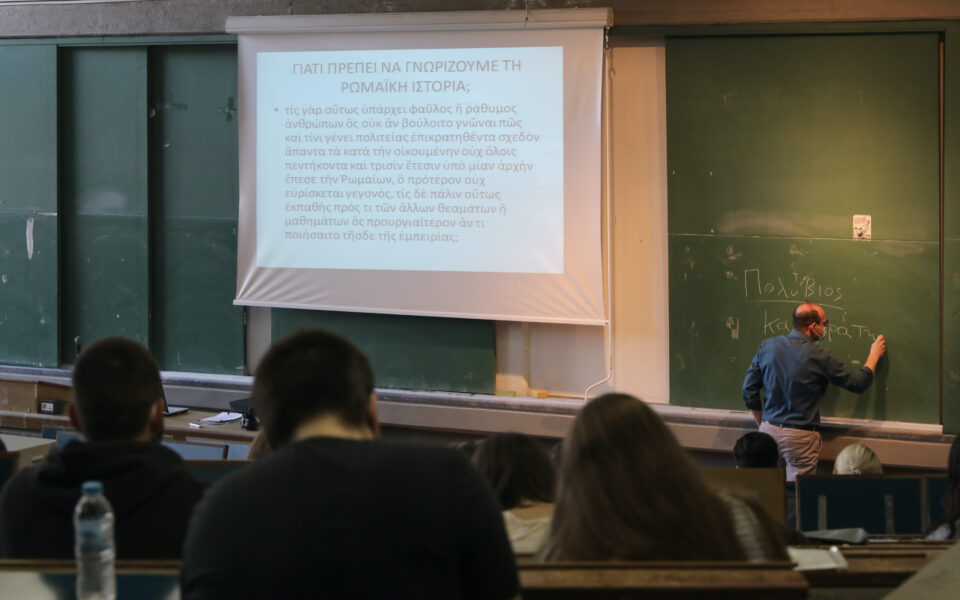Private universities: A case for skepticism

Since I work at a private, not-for-profit university in the USA, one would expect me to be in favor of such institutions for Greece. While I do believe that not-for-profit private higher education is indeed fine, I am not sure if this model will work in Greece.
We have no information as to how such institutions will work in Greece; we have to wait until the government reveals its proposal and then we will have a better picture. I also have no idea how such institutions operate in Europe and other parts of the world but, after teaching in such an institution for the past 25 years, I can share my knowledge of not-for-profit private higher education in the US.
To start with, all colleges and universities, regardless of whether they are public or private, charge tuition. The amount charged depends on many variables, but the reputation of the institution is a major factor. Sometimes private institutions charge less than some of the most prestigious public ones. Regardless of the nature of the university all students are eligible for scholarships and grants (some based on achievement, others on financial need) but more importantly, student loans guaranteed by the US government.
Each individual university sets its own rules for admission. It might be the score of a standardized (but not government-administered) test or, more common these days, colleges accept a student’s high school grades. Just as in the case with tuition, more prestigious schools are more selective, although all of them take into account other variables besides scores and grades.
In order for a school to be eligible for its students to receive government aid it has to be evaluated. There are a number of nongovernmental accreditation agencies in the US which are tasked with evaluation. This is a very rigorous process occurring every 10 years. The accrediting agency makes sure a school has enough faculty who hold the right degrees and have at their disposal the tools needed (enough classrooms, labs, offices, computers, etc).
An institution which does not meet all the criteria will be warned to fix the problem in the next two to three years. In cases of serious shortcomings, a school might be put on probation and even lose its accreditation. This last step is drastic as it means that students at that school cannot receive government help and will transfer to another school.
Finally, most not-for-profit private colleges in the US have been in operation for a number of years and during that time they have earned a certain reputation and have been able to amass substantial wealth through donations. In the case of my university, it has been in operation for 170 years and its endowment is over $100 million. In short, the schools have had the opportunity to build campuses (classrooms, dormitories, libraries etc) and have the money to operate properly.
Given the above, a graduate from a private institution has the same degree as that of a public one. An employer, or a graduate school, will decide whom to accept based on their grades or the reputation of the institution they attended.
The above short explanation of how not-for-profit private higher education works in the US might explain my skepticism about its efficacy for Greece. Will the new institutions fulfill certain important requirements (well-provided facilities, trained and competent faculty, selection of students)? Will the Greek government create the proper mechanisms and entities to supervise and accredit such institutions?
These and other tasks are important, time-consuming and will require money, planning and, most important of all, the political will to see this through. I do believe that private, not-for-profit higher education is possible and even desirable, but can it work in Greece, given the long and troubled history of the country’s higher education?
John Mazis is professor of history at Hamline University in Saint Paul, Minnesota.





